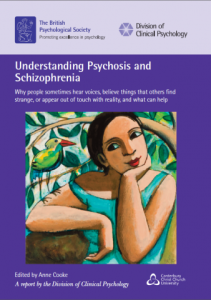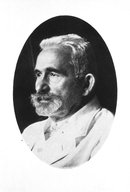In my humble opinion, one of the most impressive people and inspirational people in the mental health field is Pat Deegan. I love the above film clip from the Hogg Foundation of Mental Health, On becoming Doctor Deegan, of Pat talking about her experiences when diagnosed with schizophrenia as a teenager, and during her journey to recovery. It is an extraordinary Story.
‘… at the time I was told that I had schizophrenia. I was told that I needed to retire from life. That I needed to avoid stress and I needed simply to take large doses of antipsychotic medications for the rest of my life, and basically retire from living at the ripe old age of 17 years old. For me, that was a prognosis of doom.’

 Here’s some wise words from one of my favourite people working in the mental health recovery field, Pat Deegan. This blog first appeared on Pat’s
Here’s some wise words from one of my favourite people working in the mental health recovery field, Pat Deegan. This blog first appeared on Pat’s 








